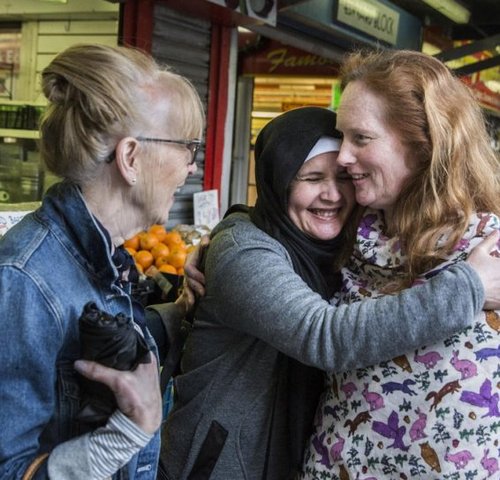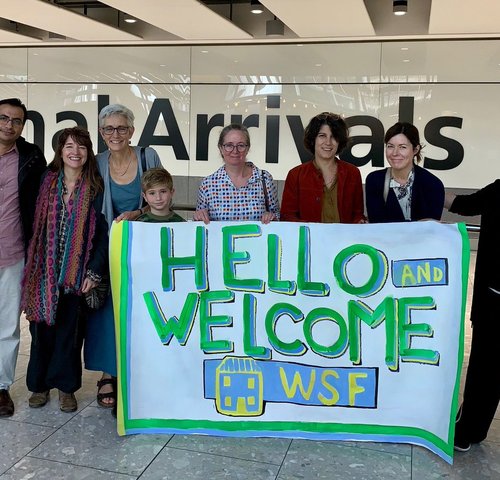Submit Your Application
When you are ready, you will need to submit an application to the Home Office. You will need to include:
Completed Application Form (see guidance on how to complete it here ) Your Safeguarding Policy A Complaints Policy Evidence to show that £9,000 has been ringfenced to support a resettled family (e.g. a letter from your Lead Sponsor’s Finance Manager) A letter of consent from the appropriate local authority Details of the accommodation * (for your final application) Any additional appendices to support your application (for example: Information Folder ; Benefits Calculations, Photos/Floor Plans of the property). This is not necessary, but may help to strengthen your application.
Can we apply before we have a property or funds? *
Since it can take several months from submitting your application to the family’s arrival (see below), it would be expensive to keep a property free during this period. You can, therefore, submit your application before you secure housing, and receive “Approval in Principle”. Once you secure a house, you can update your application with the relevant information.
You can also submit an application before you have raised £9,000, again receiving “approval in principle”.
What happens next?
Once you submit your application, a Home Office team will review it. They may send it back with some amendments – don’t be disheartened if they do this – it’s very common!
Once they are satisfied, they will arrange a “Pre-Approval Visit” with a Home Office representative, a few members of your group, and the Local Authority. The Home Office reps will go through your resettlement plan - they provide advice and may ask to clarify some points. There is no need to worry – these are usually very warm, positive and useful meetings – they are not trying to “catch you out”.
After this visit, you may be asked to make a few more amendments. The Home Office will then make a final decision (more information about what they consider, and what happens if you are unsuccessful here )
How long does it take from application to the family’s arrival?
The Home Office have advised that it takes on average 6 months from application to the family’s arrival.
Step One You send application to the Home Office. Full review by panel – up to 19 working days.
Step Two You book and hold a Pre-approval meeting with your Core Group members, your Local Authority and two Home Office representatives. The time this takes depends on everyone’s availability.
Step Three Following the meeting, you will be asked to make any final amendments to your form. The Home Office then have up to 6 working days to make a decision.
Step Four You are matched with a family within 5 working days of approval granted.
Step Five Family arrive 6-8 weeks later
But doesn’t that mean we will have to pay for an empty property for weeks?
The Home Office will pay for up to eight weeks in “void costs” while you are waiting for a family to arrive. More information here
What happens once we are approved?
The Home Office will ask you to:
Complete a Property Offer Form (see example here ) This will help the Home Office to match an appropriate family Sign an agreement Some members of your group (3-4 recommended) must attend a one-day training delivered by Reset. This will cover a range of topics including cultural awareness, understanding boundaries, safeguarding and preparing for arrivals
- Match with a family (see below)
How does the matching process work?
This document explains how people are selected for resettlement.
The Home Office will propose a family based on the information you provide on the Property Offer Form. You will be told sensitive information about the family, such as medical needs and relevant history. Since it is confidential, this information must be accessed on a secure computer server (often your Local Authority will allow you to use their secure office computers). Both your group and your Local Authority must decide whether you can adequately support the family and their needs. You must consider this carefully – it is perfectly ok to decide that you do not have the capacity or expertise to support specific needs. In such circumstances, the family will still be resettled elsewhere in the UK.


